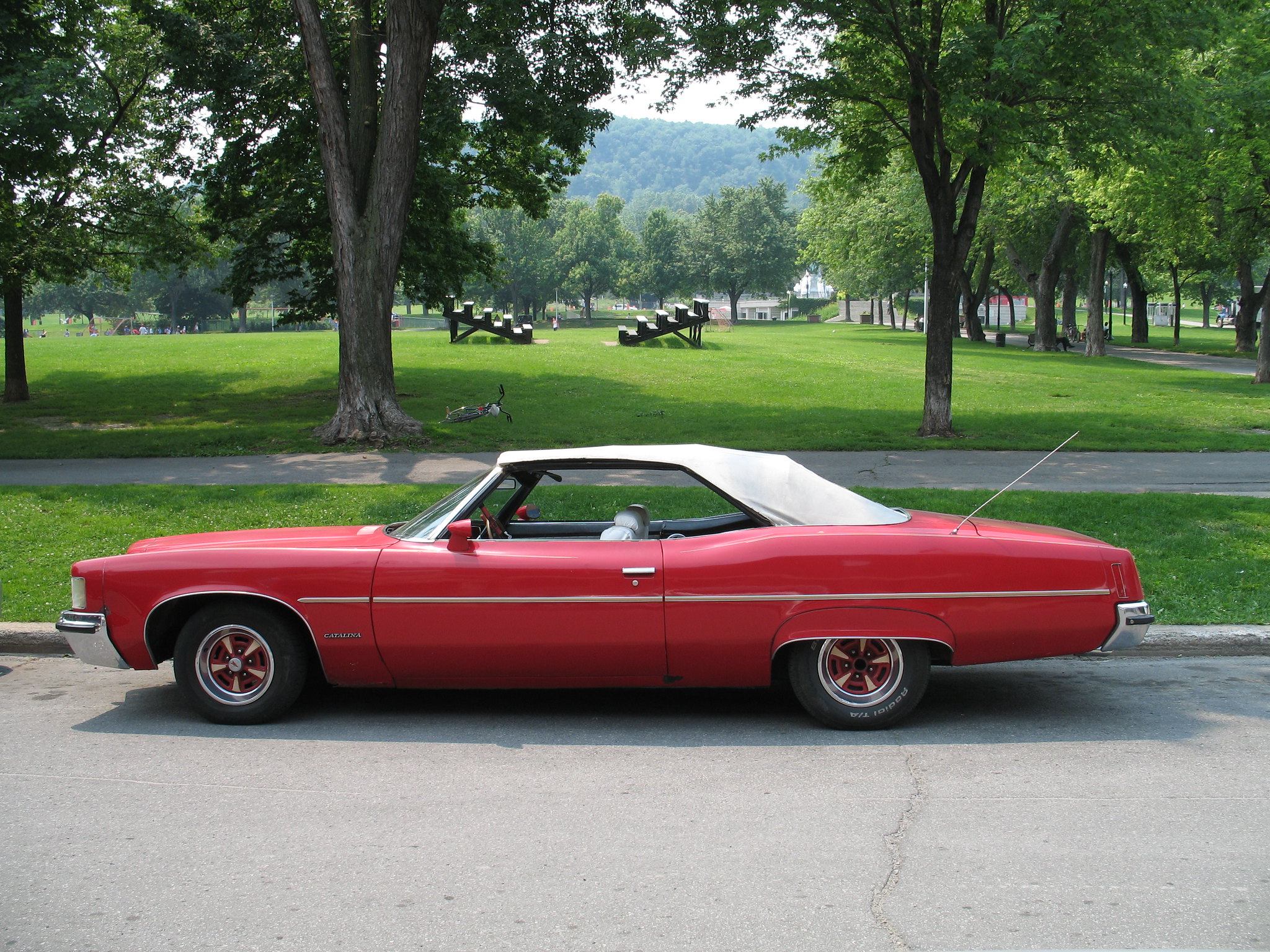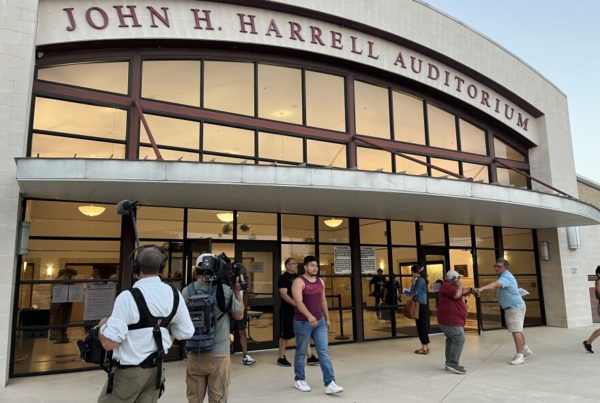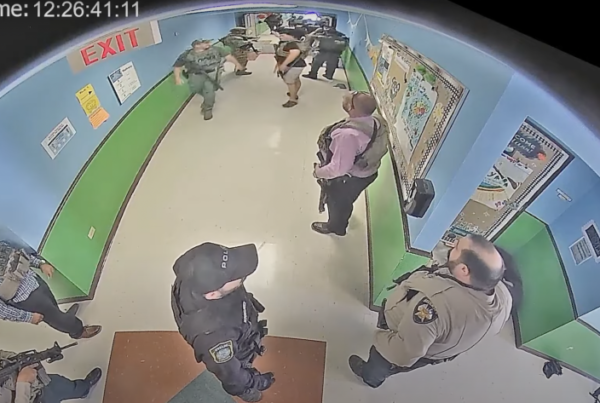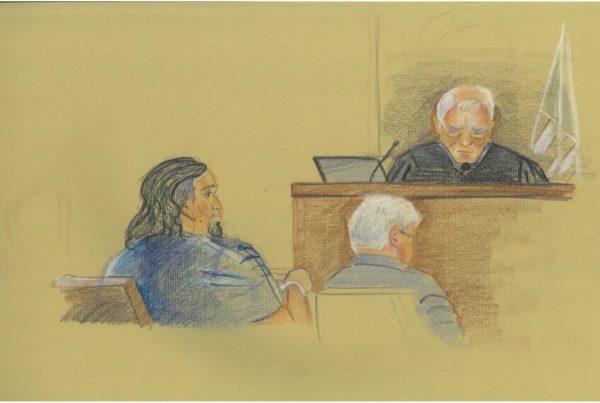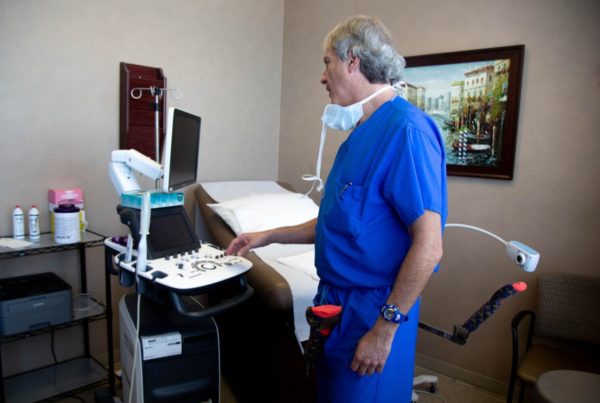It’s been a wild ride for the car market over the past two years as supply shortages and inflation have driven the cost of vehicles up sharply. Prospective buyers have been met with empty dealership lots and long waitlists as they shop for vehicles.
Now a troubling economic trend is taking shape in the auto market, among those who did manage to get cars: the number of repossessions are rising, even among borrowers with good credit scores. That could signal hard economic times on the horizon, experts warn.
Lisa Beilfuss covers markets and the economy for Barron’s and spoke with the Standard about what’s driving car repossessions up, and whether the used car bubble is finally bursting. Listen to the interview above or read the transcript below.
This transcript has been edited lightly for clarity:
Texas Standard: Put this into some perspective for us. What exactly is going on with car repos right now? And is there a way you can sort of compare with what we’re seeing now with, say, a couple of years ago?
Lisa Belifuss: Sure. So some experts have been warning for quite some time going back before the pandemic that there was a bubble building in the car market. And fast forward through some of the events over the past two years, and now it seems like that bubble might be about to burst. That’s according to some of my recent reporting. It’s anecdotal by design because some of the data is hard to get from banks, and once you see it, it’s dated.
So I’ll tell you a little bit about what I recently heard from a car dealer. He is in the business of buying repossessed cars from banks, and he says that recently repossessed cars have been surging. And some common characteristics are that those loans were extended between 2020 and 2021. And that’s unusual because usually people fall on hard times at different times. So the fact that it’s all happening at once is noticeable.
The other thing is that people took on more debt. There’s a metric in the business called loan to value, LTV, and those have been very elevated, meaning people are underwater on their loans. And the last thing is that this broker told me that he’s seeing a lot of the repossessed cars they were given, the loans were given to people who had temporary pops in income. And that is explained by some of the pandemic programs, such as debt forbearance and enhanced unemployment benefits, stimulus checks that may have made people look like better borrowers for a brief time than they actually were.
So they were receiving extra income during the pandemic for a number of reasons: unemployment benefits, pandemic stimulus, debt forbearance, that sort of thing. And so it increased, at least temporarily, their bottom line, which made them look better as borrowers. And we should point out, this has led to a large number of car repossessions, primarily for vehicles with loans from 2020 and newer. Right?
That’s right. That’s right. And what I have heard from this person that I mentioned, as well as consumers out there, banks normally do income verification, meaning they would not just look at the current earnings, which was propped up by these pandemic programs that we mentioned. They would normally look back further in time and that wasn’t happening. So banks, they kind of helped contribute to what this bubble is seeming to, you know, the bubble that’s shaping up. And also what happened is it sort of become this cycle where, as cars became more expensive because there was more demand, it became a self-fulfilling prophecy where people had to take on more loans in order to get their hands on something.
I’ve heard in some places like D.C., nearly one in two of all cars that were purchased since 2020 are in default. That’s incredible. But still, even if you look nationwide, it’s more like up about 2% or something like that. That doesn’t sound too bad on the surface.
It doesn’t. And that’s why I approached this story with anecdotal reporting. There are some signs that subprime borrowers, not just in autos, but in in other types of loans, are running into some trouble, as you’ve got a lot of crosscurrents. You’ve got the situation we’re talking about specifically in autos but economy wide you have inflation hitting a new 40 year high in June with overall prices up over 9%. And that says there are some signs of slowdown in the economy. More people are starting to lose their jobs. Concerns about recessions are rising. And so, it’s not altogether surprising that people who have lower credit scores are starting to have a harder time paying their loans. But what I discovered in the course of reporting this story is that even prime borrowers, even though the repossession rates for cars, is rising in that group, and those are people, of course, you have more solid credit scores.
The last time I heard about subprime loans cratering and people with better credit scores having difficulty carrying their loans was back during the housing crisis of 2007, 2008. A car is the second biggest purchase after a house. What sort of ripple effects could this have?
That is the question I’ve been asking too. Some people have made comparisons to the housing bubble that you referenced. And as as you say, it’s a big purchase for many families. I think more people own a car than a house. But then, I also hear that people are more likely to pay their car payments before many other payments because you need your car more than other things. So you might be late on a credit card before you’ll be late on your car. So sometimes is as there is building trouble in the auto loan market it is a bigger red flag that things are going south in the economy. But how that ripples out, I think we just don’t know yet.
I don’t reckon silver lining is something that we should talk about, and yet I suppose it should be pointed out with all these repos, some of those used car lots are going to start filling up again.
That’s right. What I have heard is that the repos are greatest on the West Coast and in the middle of the country. And what’s happening is that those cars are then being shipped out, say, to the East Coast and other places where demand still remains strongest for used cars. And as the volume the quantity of used cars rises, it should hopefully help cool prices at least a little bit.


